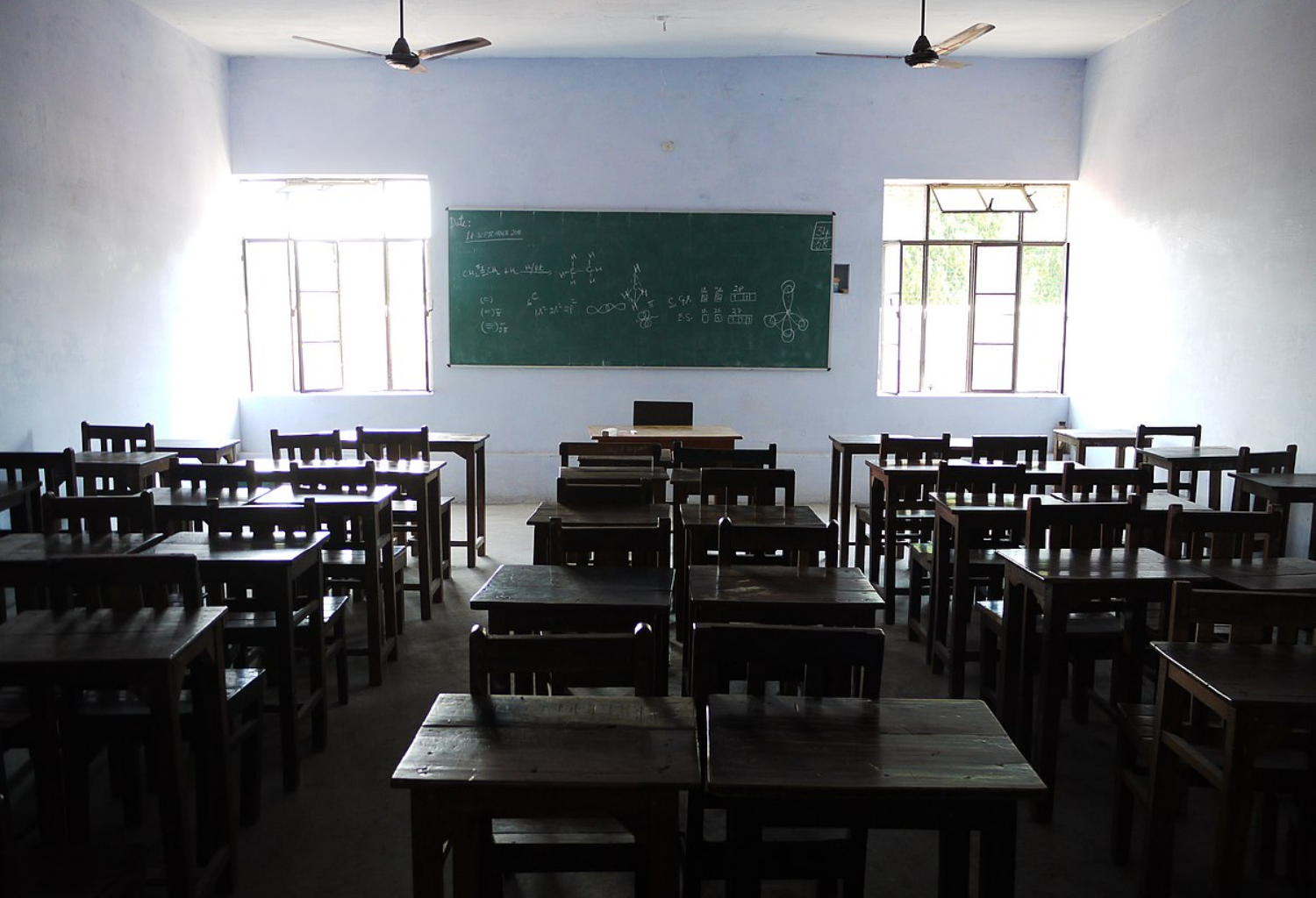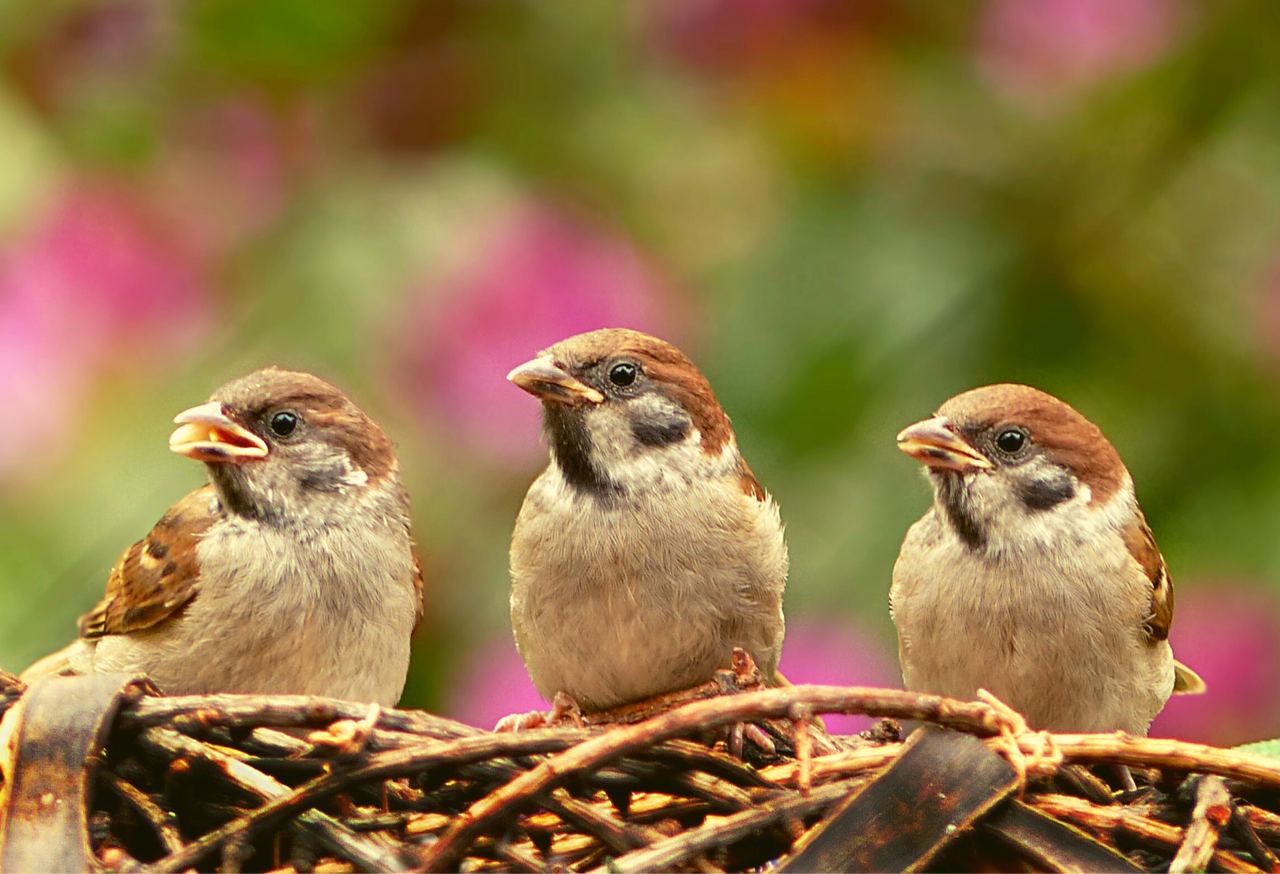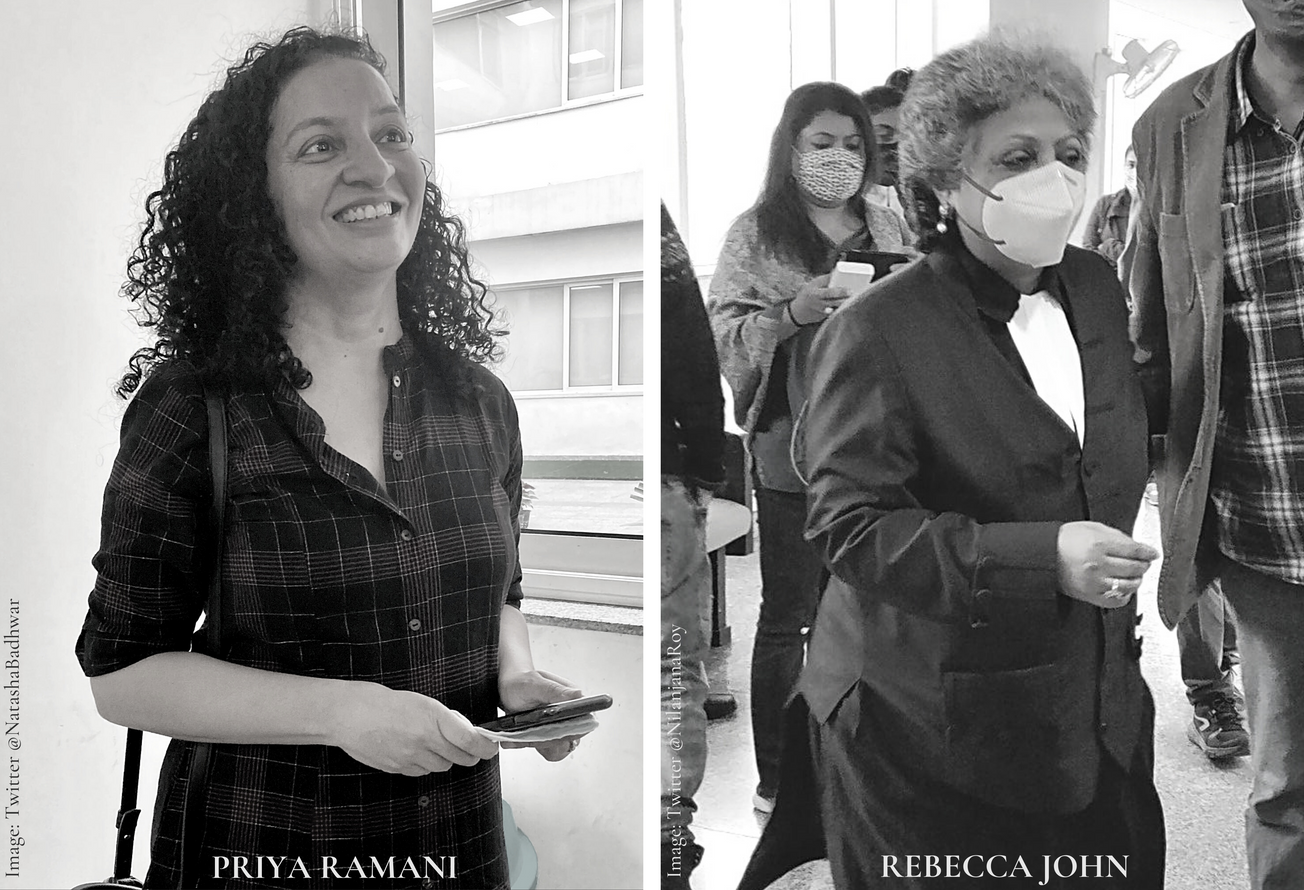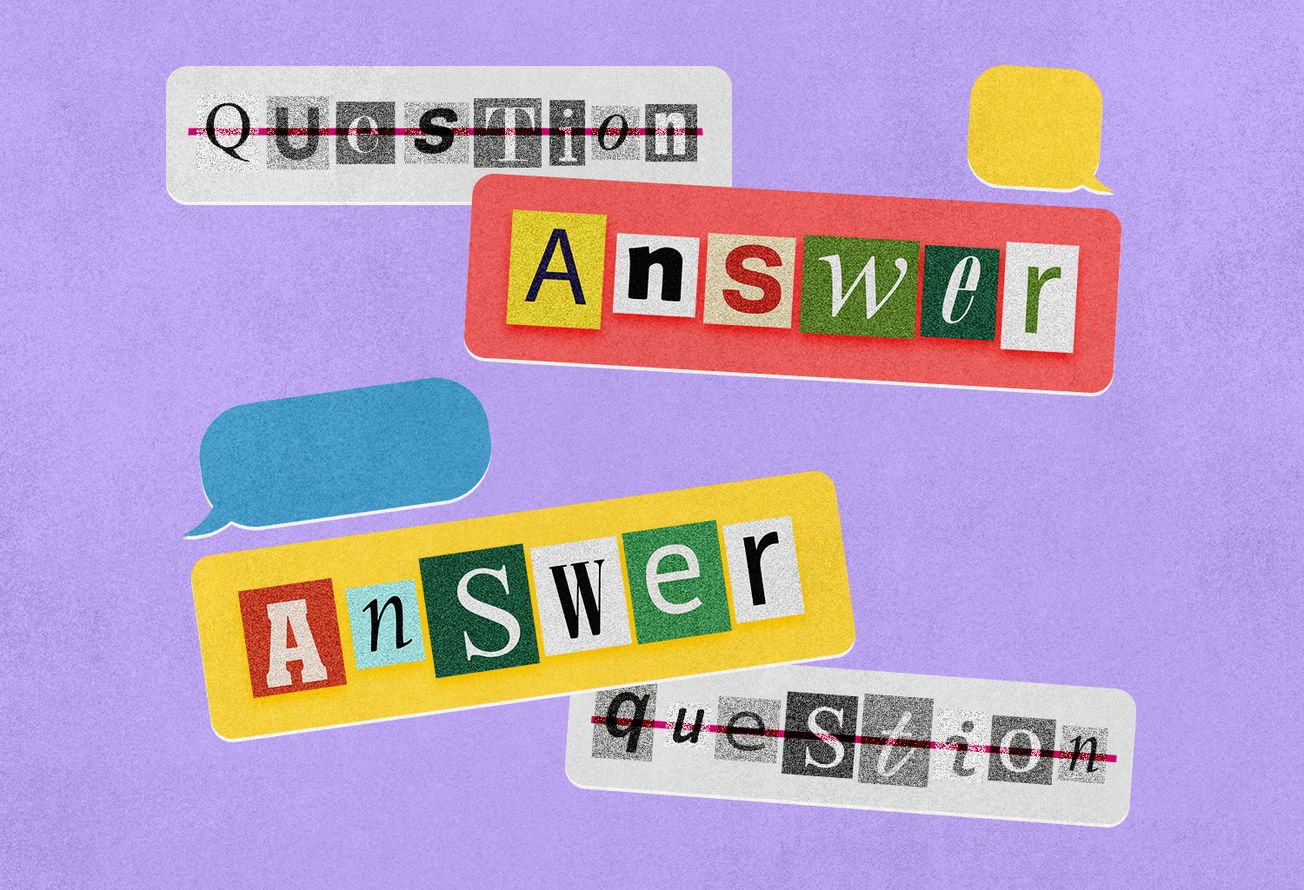In May 2021 a social media discussion on casteism and predatory behaviour in school and colleges snowballed into a #MeToo campaign against educational institutions in Tamil Nadu. More than a thousand girl students and women alumni, mostly from Chennai, alleged sexual harassment by teachers and people in positions of power in various institutions. Following hundreds of statements and formal complaints, at least six perpetrators were arrested. The state government and three schools (out of the several that were named) have promised measures to improve child safety.
Some of these cases are ten years old. It’s obvious that many students would have faced sexual harassment from the same abusers year after year as their actions went unchecked. These reports and the discussions that followed underscore a wide range of offensive behaviours and microaggressions— pinching, slapping, sexual advances, slut-shaming, sharing pornography, casteist slurs—and the list goes on. It seems this conduct was being justified as disciplining. Reportedly, many who complained were subjected to further humiliation, emotional manipulation, and gaslighting.
Sexual abuse essentially robs children of their childhood and has a “devastating, irreversible impact” on their well-being. But the conversation around child rights has only gained momentum in India in the past few decades. In 1992, India ratified the United Nations Convention on the Rights of the Child (1989). While the Indian Penal Code does not differentiate between adult and child victims, the Protection of Children from Sexual Offences Act (POCSO, 2012) and the Juvenile Justice Act (2015) laid out legal frameworks to protect children. However, the social fabric of the country is yet to catch up with the progressive intent and inclusivity of these legal reforms. A recent UNICEF study has shown that Indian parents employ over thirty forms of abuse to punish or discipline their children. A lack of understanding of basic child rights has meant that regressive social traditions continue to normalise problematic parenting and schooling practices that act as roadblocks in the implementation of legal reforms.
The POCSO Act specifically deals with sexual offences committed against children and aims to expand the scope of the child-centric support system. However, instances have been plenty where a “technical” or narrow interpretation of what qualifies as sexual offence or assault under the act has ultimately led to the trivialisation of sexual offences. The POCSO implementation handbook suggests a range of institutional mandates within schools varying from a background check of staff to the setting up of suggestion boxes. But the enforcement of such guidelines remains questionable since it's not mandatory and there is no monitoring or self-reporting mechanism in place to track and verify compliance in schools. Also, there are no specific directives for informal spaces like tuition centres, academy institutes, or play centres. Even though the act emphasises the importance of conversations around gender sensitivity for parents, teachers, and students, they are rarely actualised. Even if implemented, most initiatives barely exceed rudimentary sessions on sex education, “good touch and bad touch” and for sessions held on adolescence, boys and girls are segregated. Most teaching staff are underprepared or uncomfortable in broaching sensitive topics like sexual harassment, sexual relations, or consent with nuance. Considered taboo in most communities, any conversation between teachers and students around these topics is presumed to be inappropriate or even offensive.
In such contexts, it might be easier to initiate these conversations with the help of external facilitators like gender sensitivity trainers or sex educators. Educational institutions should create functional teacher-parent committees and inculcate an atmosphere of trust, not only for students but also within the teaching community so that they are able to find ways of addressing sexual abuse. Even if the school administration chooses to ignore the problems fearing backlash or to, ostensibly, “protect the honour or image of the institution”, such committees can instil confidence and demand accountability and action. Social media platforms and alumni networks can also expand the scope of such conversations.
When adult guidance and provisions for support prove inadequate, it is all the more important that children have more formal and informal spaces in schools where they can anonymously register complaints (as suggested by the POCSO handbook). There may be instances of harassment where adolescents might not want to complain about but would still need support and that is when informal spaces could facilitate conversations and become instrumental in creating legal and social awareness among the youth.
Children should not just be made aware of the legal mechanisms but also be allowed the freedom to independently engage in the conversation around them. In 90% of child abuse cases, perpetrators are known to the children (and include teachers and relatives). This makes reporting very challenging. According to the Childline report (2018), the second most-commonly-cited reason for children to seek adult assistance is for psycho-social guidance. In these situations, a child may or may not be comfortable soliciting teachers or parents. Hence, reaching out with or without the consent of parents or teachers to helplines like CHILDLINE 1098 need to be encouraged.
In a study carried out by the authors on gender sensitisation among school communities that covered students, teachers, and parents, 70% of parents from a low-income school in Kumbakonam, a small town in Tamil Nadu believed in introducing sex education classes for their children in which they themselves would be involved. Rather than assume that such initiatives will be rejected, more large-scale surveys are required to understand the attitudes of parents and teachers to design customised tools for sensitisation.
It was widely observed from the responses in our study that in the name of unconditional respect towards adults, children “talking back to them” is not just discouraged, but punished in families. The lack of open conversations at home puts children at risk because they are unsure about the dependability of the adults in their lives. In the event of sexual abuse, the study showed that even though they hadn’t had any conversations with parents on safety, 45% of the children in the survey reported that they would like to confide in their parents in the event of an abuse. With a sizeable percentage of children seeking their parents' support as first responders, it is crucial that these disclosures are dealt with utmost sensitivity and nuance. Gender sensitivity training hence should go beyond mere information sessions on harassment and should equip parents on how to effectively deal with situations of harassment and abuse.
Dealing with child abuse also calls for greater professional aid in the form of accessible child support services, counsellors, and mental health professionals in both private and government schools at both district and local levels.
The recent social media outcry over predatory behaviour children have had to face in the Chennai educational institutes should serve a catalyst to expand the scope of social and legal mechanisms to address child abuse. The latest response by the Tamil Nadu government where online classes were brought under the purview of POCSO guidelines is one good example.
While social media platforms do expand the scope of such conversations, limited access to the internet and the constant threat of being censored means children need other avenues to talk about their abuse. More than vigilance and protection for children at school, a long-term investment is required in strengthening of institutions and democratic spaces in ways that make them more accessible for dialogue. But the work needs to start from our homes where sexism and casteism really begin.









